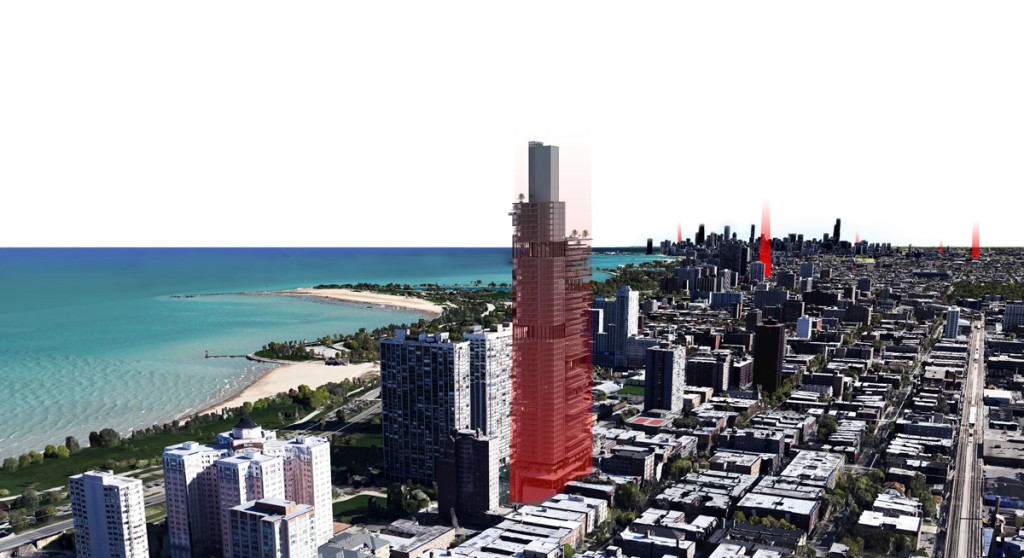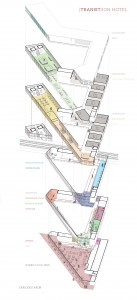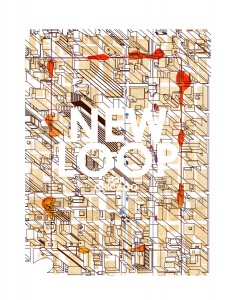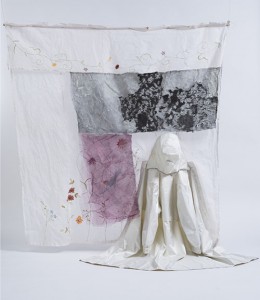Farid Memar’s solid background in math and architecture has placed him in an ideal position from which he can combine design with effective form and function. Farid is passionate about sustainability and environmental stewardship. His fascination with human behavior and attention to small details have allowed him to design beautiful architectural spaces that reduce waste and promote sustainable living. Discussing the motivations that underpin his work, Farid says: “I feel we can all make small improvements that in combination make a big difference. For example, if my design saved every American citizen just one dollar a month, together we would save four billion dollars annually.”
Localizing Waste Management: A New Waste Management Facility for Chicago’s Neighborhoods.
“Simple atoms and molecules come together to form beautiful miracles of life; be it an ant, a tree… a human living in a complex urban landscape.”
Between 1960 and 2012, the average amount of waste generated by each US citizen rose from 2.68 to 4.38 pounds, representing an increase of 63 percent. Throughout the 1930s, we witnessed innovations that improved garbage collection efficiency while reducing costs. For instance, Dempster Dumpster introduced a steel container that quickly hoisted trash into garbage trucks. However, while many of these inventions were indeed impressive, they ultimately failed to achieve any real reduction in the production of waste.
Since the 1960s, there has been a significant reduction in waste-management related jobs. In the early 1960s, Dean Buntrock, the president of Ace Disposal, ran an extensive labor and relational contract reduction campaign that maximized profit through introducing automatic billing and eradicating the need for scavengers to visit subscribers.
City Farm, which was founded in 1974 by Ken Dunn, turned vacant land into farmland and green spaces. This is widely considered to be the first example of a localized waste management system in the US.
The localization of waste management facilities represents a promising method of preventing further waste generation and job losses. This project aims to build on the benefits of a localization approach to deliver sustainable solutions for waste management.











